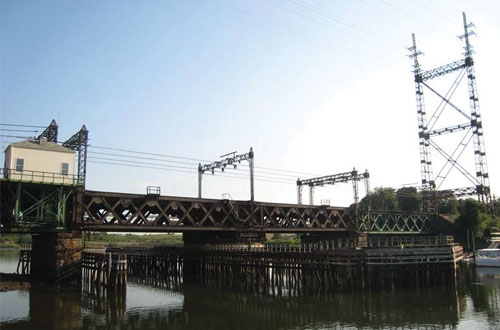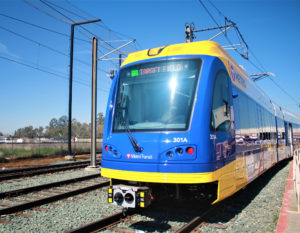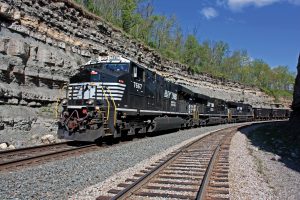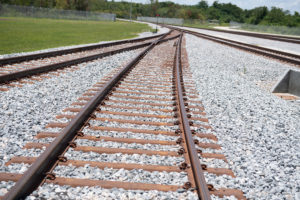FTA awards nearly $3.6 billion in federal disaster relief funds
Written by Jenifer Nunez, assistant editor
The Federal Transit Authority (FTA) awarded 40 projects a total of $3.59 billion in federal disaster relief funds to help public transportation systems in the areas affected by Hurricane Sandy to become more resilient, in order to withstand the impact of future natural disasters.
Approximately 90 percent of the funds will be invested in resilience projects primarily in New York and New Jersey, where transit systems sustained the worst of the storm damage, with the remainder going towards projects in Connecticut, the District of Columbia, Massachusetts, New Hampshire and Pennsylvania.
“We’ve made great progress rebuilding critical transit connections since Hurricane Sandy and we want to make sure no one pays for these repairs twice,” said U.S. Transportation Secretary Anthony Foxx. “While no one can predict the future with certainty, we believe these investments will help to harden transit facilities against future storms that Mother Nature dishes out.”
In general, the projects selected were required to demonstrate that they would reduce the risk of damage to public transportation assets inflicted by future natural disasters. Emphasis was placed on a project’s ability to protect the most essential and vulnerable infrastructure, as well as effective collaboration and coordination among local and regional governments. The project evaluation process was rigorous, involving specialists from the FTA, the Federal Highway Administration, the Federal Railroad Administration and the Federal Emergency Management Agency. FTA received 61 proposals seeking a total of $6.6 billion.
The Massachusetts Bay Transportation Authority will receive approximately $35 million to raise a retaining wall and install watertight barriers at MBTA’s Green Line Fenway Portal to reduce flooding; and repair and improve a deteriorated seawall.
The Washington Metropolitan Are Transit Authority (WMATA) will benefit from $21 million, which will go towards its Protecting the Subway System by Raising Ventilation Shaft Elevations project and its Protecting WMATA’s Existing Subway System Investment by Improving Drainage project.
The Connecticut Department of Transportation was awarded close to $170 million. Nearly $9 million will be used for its New Haven Rail Yard Power Upgrade project and the remaining $161 million will be applied toward the Replacement of Norwalk River Railroad Bridge on the Northeast Corridor (Walk Bridge Replacement) project. Over the summer, the 118-year-old bridge malfunctioned in two separate incidents within a two-week period, causing train delays and commuter frustration on Metro-North’s commuter line.
“The reliability of the Walk Bridge and the New Haven Line is of critical importance to the entire Northeast Corridor. Too many people depend on the commuter line to continue to see the kinds of disruptions we saw over the summer,” said Connecticut Gov. Dannel Malloy. “Connecticut was among many East Coast states applying for these very competitive grants to ‘harden’ transportation infrastructure in the wake of Hurricane Sandy and I am pleased that we succeeded. This funding is great news for our economy and for our residents who rely on this system every day.”
Built in 1896, the Walk Bridge is the oldest movable bridge along the New Haven Line/Northeast Corridor in Connecticut. The bridge will be replaced with a more resilient bascule vertical lift bridge that opens for marine traffic from one side with a counterweight system and will significantly enhance the safety and reliability of commuter and intercity passenger service along the Northeast corridor.
Additionally, the city of Nashua, N.H., will benefit from $25,000, which will help its Nashua Transit Facility Back-up Power Supply project.
Funds were previously announced for Southeastern Pennsylvania Transportation Authority, Metropolitan Transportation Authority, New Jersey Transit and Port Authority of New York New Jersey.





